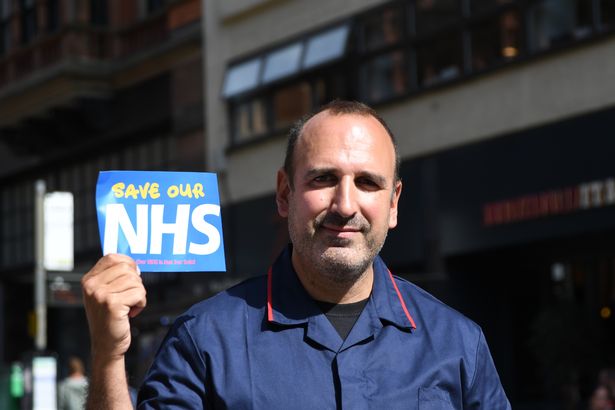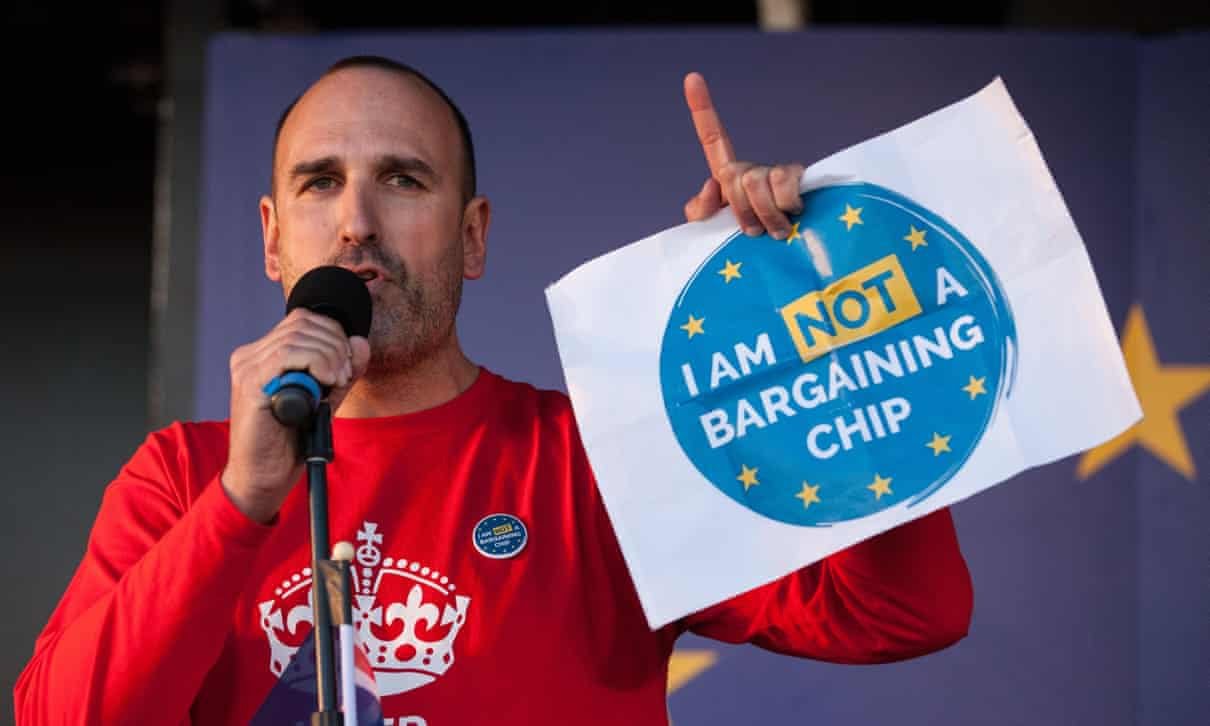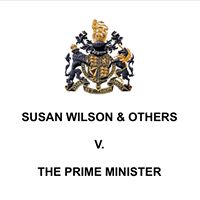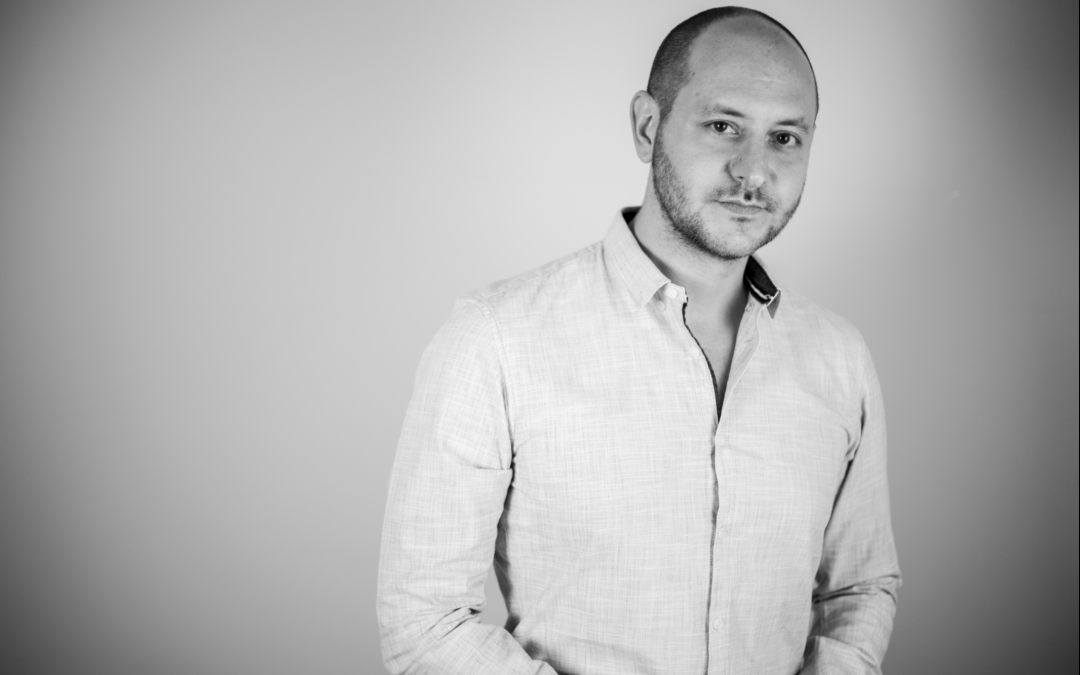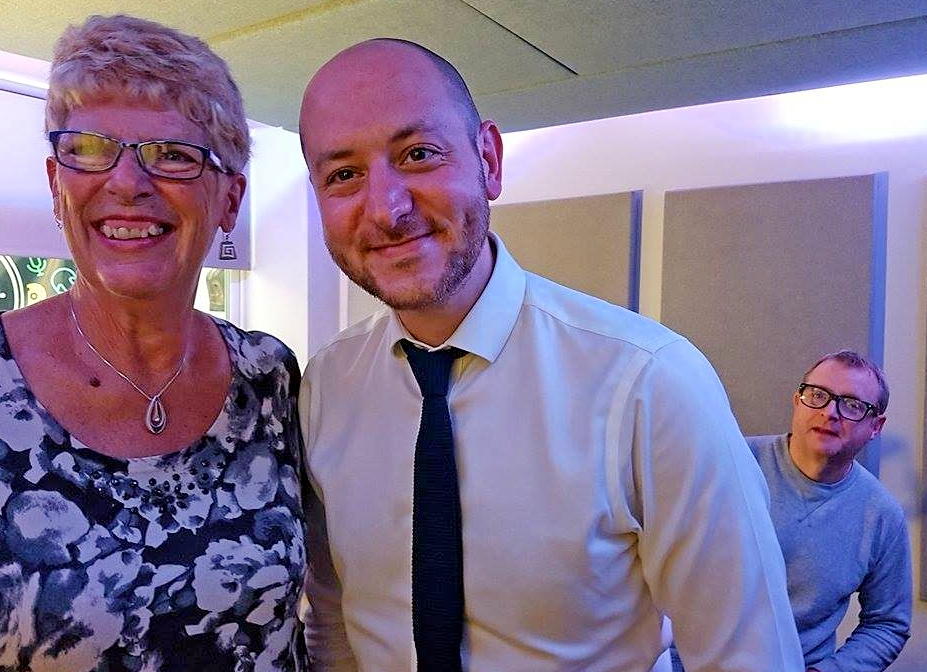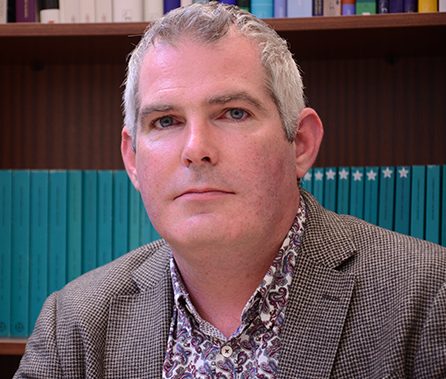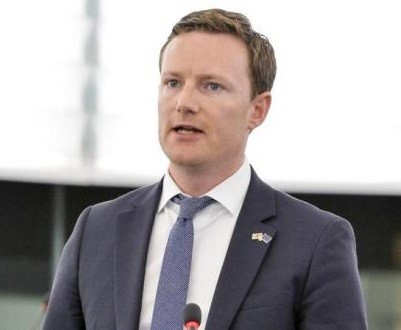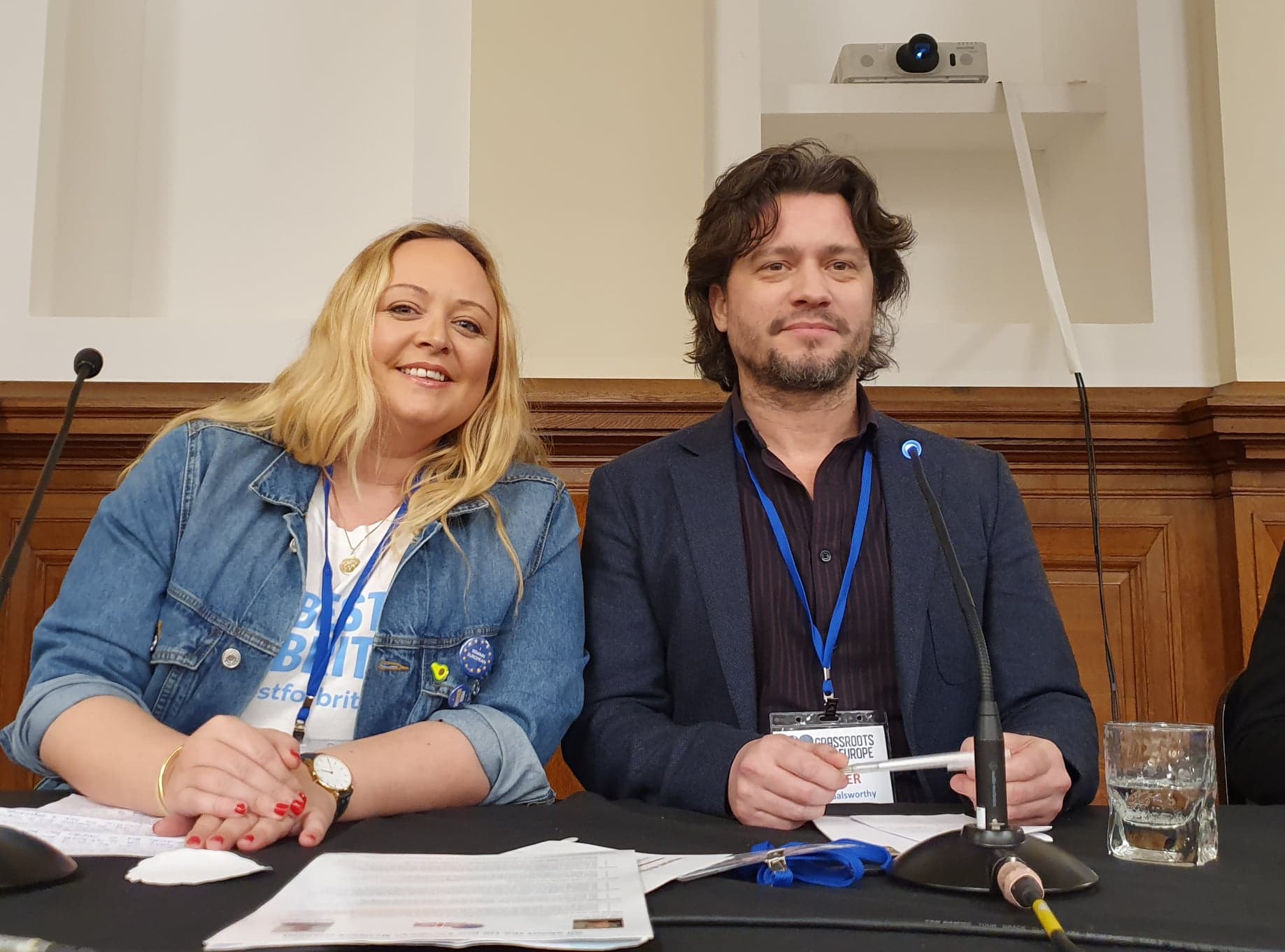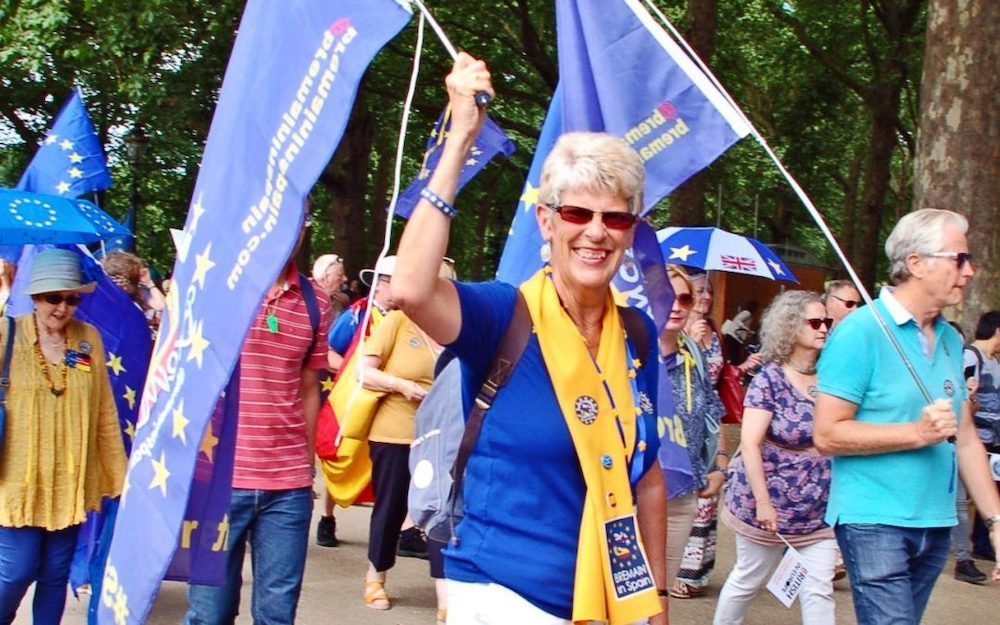
Bremainers ask….. Sue Wilson
Having joined Bremain in Spain shortly after the Brexit referendum, Sue became Chair of Bremain in September 2016. She has been an active anti-Brexit & citizens’ rights campaigner ever since.
Sue presented evidence to the House of Commons Exiting the EU Committee in January 2017, on behalf of Brits in Spain. She delivered campaign speeches at local and national events, including rallies in London, Manchester, Leeds and Brussels. Sue was also lead plaintiff in the ‘Wilson vs. The Prime Minister’ (Theresa May) legal challenge, over the validity of the Brexit referendum.
Sue has lived in the Valencian Community for 13 years with her husband and four cats and is now retired.
Tracy Rolfe: Do you think the UK will re-join the EU at some point? If so, how do you see that unfolding in terms of circumstances and timescale?
I think re-joining the EU is on the cards, but it’s going to take time. I don’t see a Conservative government applying to re-join, so first we need a Labour/coalition government in power. Then we’ll need an ongoing campaign selling the benefits of EU membership to the public – something that was sadly missing during the referendum campaign.
Even when the true cost of Brexit is more obvious, we will still have our work cut out. EU membership is going to be more costly next time around – we threw away the best deal we were ever going to get. No matter how much we tried to warn of the costs and dangers of Brexit, the public will only really miss what they have lost when it’s gone. The whole country is in for a very rude awakening from January 2021. Whilst I don’t wish any hardships on anybody, it may take the suffering that’s to come to make the UK wake up and think again. If I had to hazard a guess about timescales, I’d say it’s going to take a decade.

Jim Westlake: Do you think that the EU would welcome the UK back in with open arms?
After the way the UK behaved during the course of the negotiations, it’s easy to think the EU would be glad to see the back of us. We’ve been impressed by the EU’s professionalism throughout, and especially by their patience. The way the EU have conducted themselves, and protected their members’ interests, has emphasised just why we value our EU citizenship so highly.
I feel any efforts on the UK’s part to re-join would require considerable proof that the majority of the UK – a super majority this time, not a narrow one – were totally behind the move. There would surely be additional conditions to be met, such as joining the Euro and Schengen. Also, I imagine the EU would need to be convinced the UK were truly committed to European ideals and co-operation. So, not exactly open arms, but the EU are pragmatists, and the UK could once again become a valuable member.
Alison Curtis: What skills did you bring with you to Bremain and what new ones have you needed to acquire?
My background was in Sales, Management and Training, with a professional qualification in Learning and Development. Many of the skills I learnt during my career have proved invaluable in Bremain – especially leading a team, working with others, facilitating meetings and motivational skills.
The skills I’ve learnt over the last 4 years that have proved most useful have been public speaking and writing. I was used to speaking in front of 10 or 15 people – all of whom I knew – but speaking in front of a crowd of strangers for the first time was a terrifying, and exhilarating experience. Not only did I never think I’d be able to speak in front of 100,000 people, I certainly never imagined I would enjoy it! Now I’m a sucker for a stage and a microphone!
Writing was a surprise too. Of course, I’d written business reports, meeting minutes etc, but never so many articles. Now I write a weekly article for the Local Spain, as well as much of the Bremain newsletter and website content. I fear I may be getting to like the sound of my own voice too much!
Molly Williams: Do you think Brexit will have a knock-on effect on other countries throughout the EU where there is rising Euro-scepticism, perhaps influencing other countries to leave the EU?
The rise of the far-right across many European countries has been a huge concern, not least in Spain. However, one positive of Brexit seems to have been the strengthening of the bond between the EU27 countries. The risks and potential damage of leaving the EU have been exposed for all to see. Even countries further right than the UK seem to fully appreciate the value of EU membership. Despite what the Brexiters suggested – that Brexit would lead to the break-up of the EU – it seems to have had the opposite effect, thankfully. I don’t think any other member state is foolhardy enough to follow the UK’s suicidal path.

Michael Soffe: Guy Verhofstadt believes that permanent residents of an EU country should have the right to vote in the general elections of their country of residence. Do you agree with him?
It would seem a very sensible and logical move. This would be especially relevant to Brits in the EU who are without voting rights in the UK. As Spanish residents, we have a stake in this country in so many ways – even those of us that are retired.
However, I would wish for a reciprocal arrangement for EU citizens living in the UK. The arguments are the same for both – if you are legally resident, you should have a say in the future of the country you call home. In fact, you could use that argument to say that any legal resident, regardless of where they are originally from, should have that same right. In the meantime, I could certainly live with this being an EU-only policy, to get the ball rolling.
Wayne Darren Smith: After 4 years of fighting, do you see a time when you can hang up your blue wig and just bring it out for Carnival, and if so, how long do you think that will be?
That’s a question that could have a different answer depending on which day of the week you ask me!
When I got involved in this fight 4 years ago, I had no idea of the journey I would be taking. Whilst I regret, bitterly, that we lost, it’s been an amazing, exhausting, wonderful experience, and I still don’t know how or when it will end.
Before the referendum, I was not at all interested in politics or current affairs. I still don’t know if, when this is all over, I’ll revert to my former ignorant bliss, or whether my awakened passion for campaigning and politics will continue. It would be a shame not to use what I have learned for some good, but then the appeal of finally spending some quality retirement time with my husband is strong, too.
All I can say for sure right now is that there’s still a lot of work to be done, and I’m still addicted, so you’re stuck with me for a while yet!
Next month, Bremainers Ask will feature Jonathan Lis – Journalist & Deputy Director of British Influence

